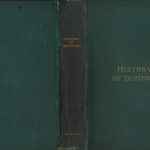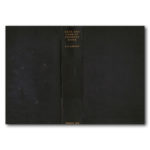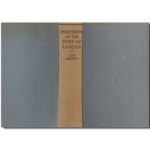Description
The Corporation of Trinity House of Deptford Strond, also known as Trinity House (and formally as The Master Wardens and Assistants of the Guild Fraternity or Brotherhood of the most glorious and undivided Trinity and of St. Clement in the Parish of Deptford Strond in the County of Kent), is the official authority for lighthouses in England, Wales, Channel Islands and Gibraltar. Trinity House is also responsible for the provision and maintenance of other navigational aids, such as light vessels buoys and maritime radio/satellite communication systems. It is also an official deep sea pilotage authority, providing expert navigators for ships trading in Northern European waters.
Trinity House is also a maritime, charity dispersing funds for the welfare of retired seamen, the training of young cadets and the promotion of safety at sea; for the financial year ending in March 2013 it spent approximately £6.5 million in furtherance of its charitable objectives.
Funding for the work of the lighthouse service comes from “light dues” levied on commercial vessels calling at ports in the British Isles based on the net registered tonnage of the vessel. The rate is set by the Department of Ttansport and annually reviewed. Funding for the maritime charity is generated separately.
The corporation was founded in 1514. Its first master was Thomas Spert (later Sir), sailing Master of Henry VIII’s ill-fated flagship Mary Rose and of Henry Grace a Dieu. Subsequent Masters included General Monk, Samuel Pepys, various Dukes and Prime Ministers, Duke of Wellington,, Prince Albert, Prince George (George Vth), Duke of Connaught, and Duke of Gloucester.
The splendid Trinity House building on Tower Hill had its foundation stone by the then Master, William Pitt in 1793, and was completed in 1798 (architect Samuel Wyatt).. On the night of 29 December 1940, Trinity House was destroyed by the most severe of the German air raids on London; the interiors were completely gutted and many archives and treasures were lost. (The restored house was reopened by H.M. Queen Elizabeth II on 21 October 1953.)
The host for the evening was one of the Elder Brethren, who was very generous in the vintage hospitality dispensed from the Trinity House wine cellar. I somehow missed my lift home, (“Oh! Gentlemen, please! I have just opened another bottle!”) The buses had stopped running by the time I eventually left, and had to walk home from Tower Hill to Rotherhithe,.. But It was memorable evening!
The fire of December 1940 was not the only occasion when valuable records were incinerated, but fortunately, earlier writers had done much work amongst the papers and published their findings in a variety of places. Consequently, despite the losses, Commander Mead was able too write a very thorough and readable history.




Reviews
There are no reviews yet.